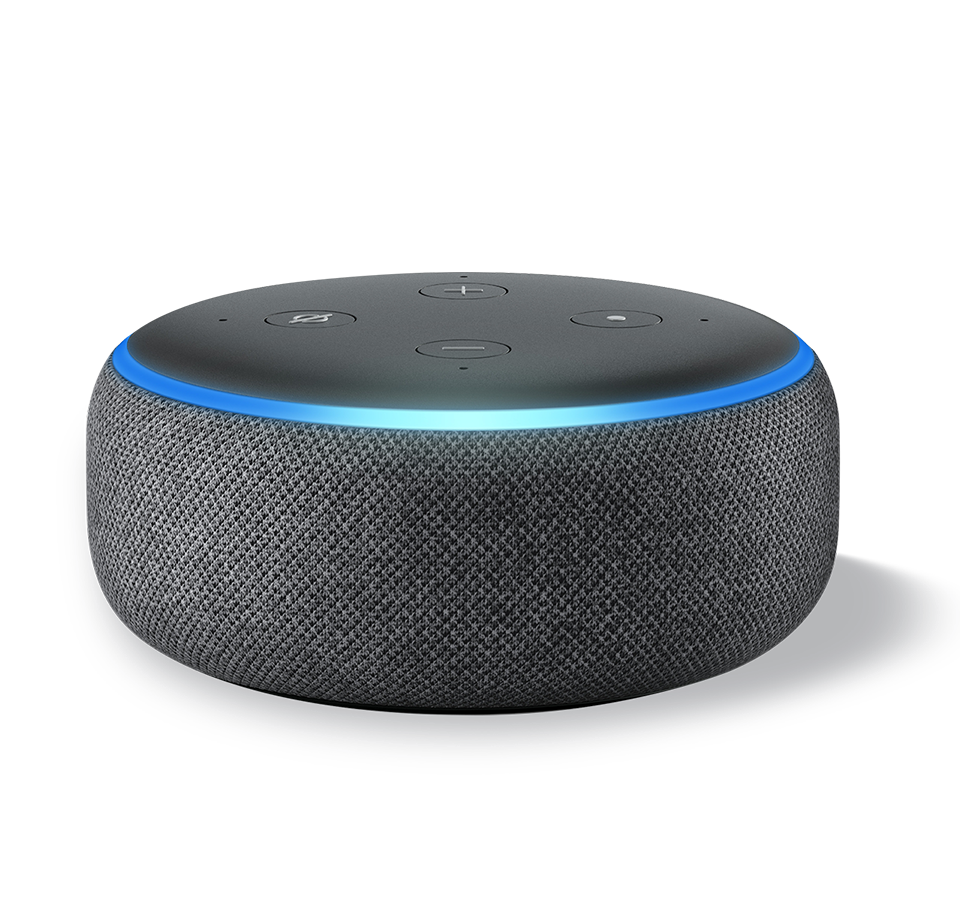Searches on voice tend to be more question phrases, about the Who, What, When, Where, Why and How terms that relate to your brand – for example “where is my nearest hotel?” or “how can I open a bank account?”
When voice search began
The birth of voice search goes as far back as 2002, when Google launched its first voice search offering (a phone number to call and speak your search query). Microsoft similarly integrated voice recognition into it’s Office suite in the same year.
Voice recognition and SEM
Perhaps commercially it was Apple’s launch of Siri in 2011 that really brought voice recognition, in the form of Voice Assistants, to the fore, followed by Microsoft’s Cortana in 2014. Amazon entered the fray later that year with its Echo smart speaker powered by Alexa AI. Subsequently, Google launched Google Home (2016) and Apple Homepod (2018). With so many big players in the market, we think this is one trend that has been well and truly established.
So why is this pertinent to SEM? Well, ComScore estimates that by 2020, 50% of searches will be made by voice, and it is also predicted by then that 30% of searches will be made without the use of a screen and the effect that this will have on SERPs is currently unknown.
How do we plan for voice?
How then, should marketers be thinking about voice and planning for reaching voice users? From an SEO perspective, we must think how users are searching on voice compared to typing in the search box; people are far more conversational with voice than with traditional search, average text box searches are between 1-3 words, while voice tends to be 4+, so best practice would be to target the long tail.
Position 0.
Thirdly, think position #0. Featured Snippets have been on Google since early 2014 and their prominence is becoming ever more notable with regards to voice search. Featured Snippets tend to be focusing on answering those question searches “What is…” “Who was…”. If the search is made without a screen, then the answer given to the query is going to be read out, and it will be the #0 result that the engines give, so ownership of this space is going to be the key battleground. Remember, Amazon Echo’s search results are powered by Microsoft’s Bing, so it’s worth optimising both Google and Bing or risk missing out on Alexa’s market share – currently expected to be over 50% of smart speakers in 2018.
Make use of FAQs
Fundamental to ranking well for these positions is to aim to answer all questions that could come up with your own content – FAQs are a great source for the engines to pull featured snippets from. The page structure should be in either paragraphs, lists or tables. Where paragraphs are used, the answer to the question should be succinct, ideally 50 words or less. Your site also needs to be ranking on page 1 organically to be in the running of getting a featured snippet, with the higher your ranking, the greater the chances of securing #0.
How voice is being used
Away from SEO, the other main area of marketing to voice searches is the development of Skills/Actions for Amazon Echo and Google Home – doubtlessly Apple won’t be far away with something similar themselves. With 43% of people feeling that a voice search is quicker than using a website or an app, skills and actions look like they will do for voice what apps did for smartphones. In the US, US Bank already has an action for Google Home allowing its customers to check balances, recent transactions and due dates.

The figures
But is this something that companies can really monetize? Well currently, 22% of people who use voice, have done so to make a purchase, and that’s a figure for a technology that is still in its infancy. There are key industries that look set to really do well from voice; in the travel industry, 37% of voice users have used it for a travel-related function, including inquiring about hotels (58%), purchase or booking (48%) or contact to a hotel, airline or travel agent directly (46%).Another vertical is Finance, 35% of voice users have engaged with the sector, with 70% using it to check their balance, 59% pay a bill, 48% tracking spending and 42% inquire about a financial product.
Get in touch
So, whether it is to find a hotel, book a room, pay a bill or start the application process for a loan, voice search is going to play a crucial part in your marketing mix – and Equator is here to help. Contact us if you’d like to discuss optimising your site for voice search or developing a skill or action for the latest voice assistant.
